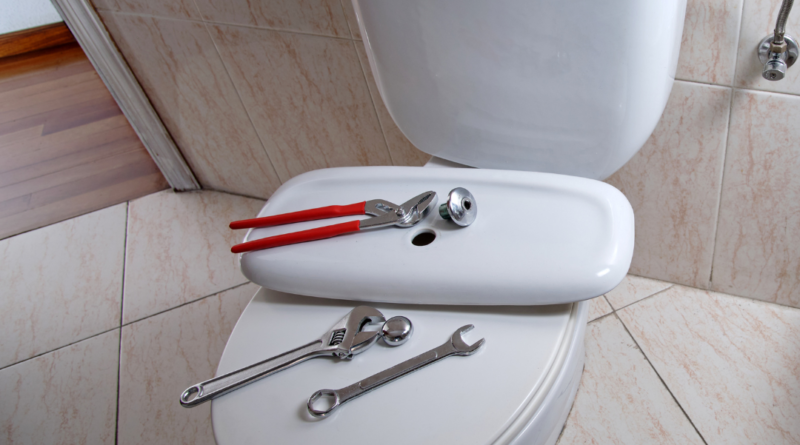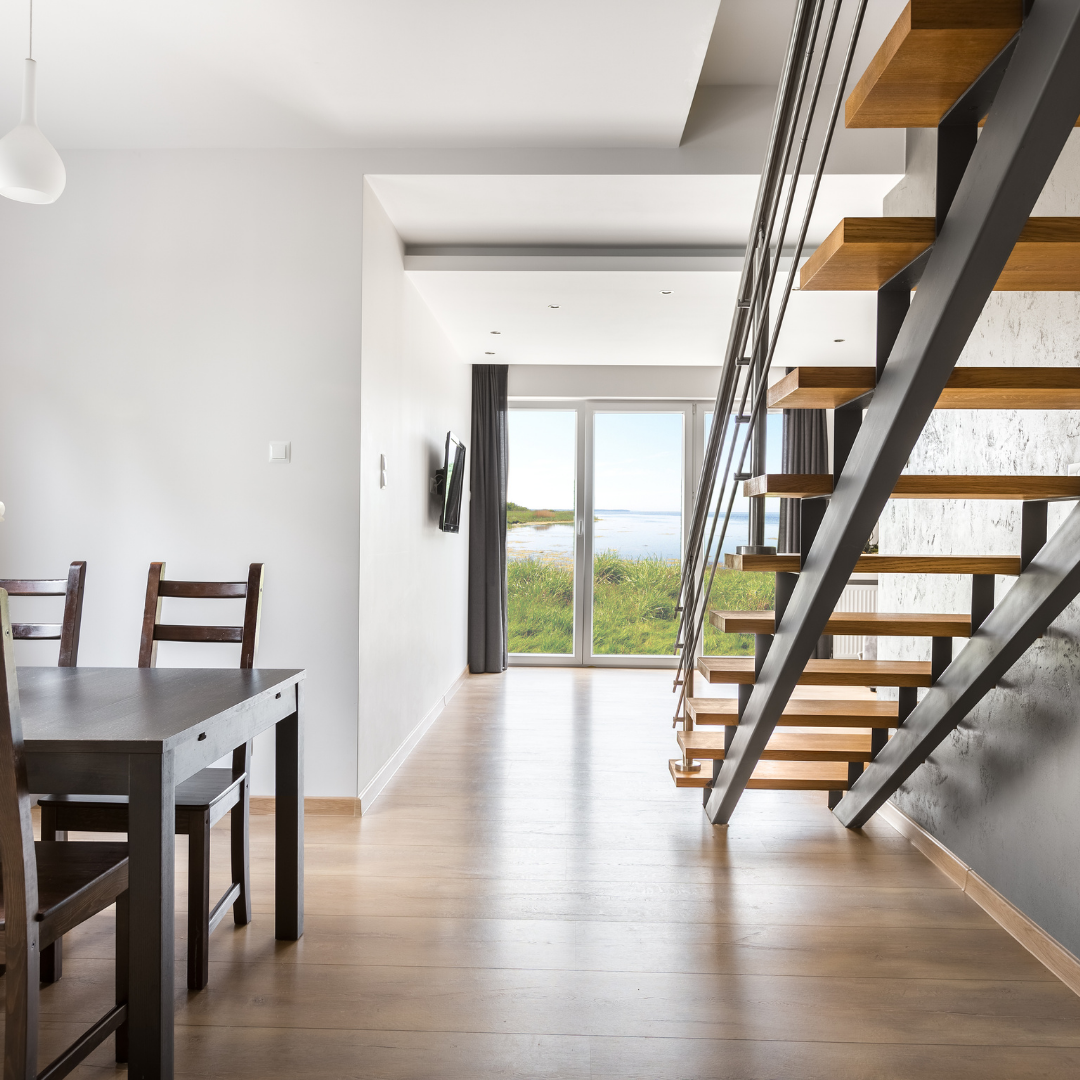6 Helpful Tips from Plumbing Experts Every Homeowner Needs
Whether you’re moving into your first home or about to start living away from your parents for the first time, looking after your apartment or house will be a big responsibility. Among many things, you’ll need to become familiar with the way plumbing works. Spotting a leak and ensuring you don’t flush all sorts of rubbish down the toilet ensures your plumbing stays in good shape. Today, we bring you more essential facts about plumbing that every homeowner needs to know if they want to prevent malfunction in their pipes.
Use strainers in sinks
Bathtubs, showers, and kitchen sink pipes accept plenty of water often filled with various particles unsuitable for pipes to hold. When you’re washing up after a meal, little bits and pieces of food always find their way through the sink and into the drain, causing a potential problem in the future. Once they build up and combine with grease that you wash off pans and pots, it creates a recipe for clogged plumbing. To avoid the food ending up in the drain, use sink strainers. They will trap the food in the kitchen sink and the hair in the bathtub, preventing clogs. Don’t forget to regularly empty and clean the strainers, so they continue to work well.
Wash the dishes in warm water
Do you use warm or cold water to rinse the dishes? Cooking entails using plenty of fat or oils, which, essentially, is grease. Unlike hot water, cold water cannot dissolve grease. No matter how effective a detergent you use, you’ll need hot water to wash the grease off the pipes. If you’ve noticed that your kitchen sink clogs every so often, check if other household members are washing up using the appropriate water temperature.
Let pros deal with clogs
Sometimes clogs are not too complex and can be sorted with a plunger. However, once you’ve tried to unclog it and it didn’t work, leave it be. Unless you’re an experienced plumber with the necessary tools, call the pros to solve the problem. You can book professional Chiswick Plumbing services and have the experts come in a blink of an eye, sort the problem and leave your plumbing in excellent condition. All that at a very affordable cost and with guaranteed quality.
Know what flushes and what goes to the bin
Do you know what toiletry items are flushable and which go to the bin? Sanitary pads, wet wipes, cotton pads, and earbuds are the most common items that are thrown in the toilet instead of in the garbage. They will quickly clog the drains and cause the toilet to overflow because it cannot expel the water where necessary. Prevent clogged drains by flushing only human waste and toilet paper. Water and soap are the only suitable substances that the toilet and drains will lead to sewage. Many homeowners flush leftover food down the drain which, in return, clogs the pipes and causes severe damage to the plumbing.
Clean the drains
No matter how careful you are, drains sometimes back up because of grease, shampoo and other grime that gets stuck inside the pipes. Cleaning the drains from time to time prevents the pipes from being blocked. Experts recommend avoiding harsh chemical drain cleaners and suggest natural solutions like baking soda and vinegar. If your drains are already clogged, you can use a plunger that will potentially loosen the gunk blocking the pipes. A drain snake can also help solve the problem in minor clog situations. Mix baking soda and vinegar to keep the plumbing clean and prevent clogs. Pour the vinegar all the way until all the baking soda melts and there are no bubbles left.
Use the garbage disposal correctly
While cooking and cleaning are much easier with garbage disposal at hand, you need to maintain them properly to avoid clogging disasters. Many people believe you can throw any food leftover down the disposal. However, only certain foods can go there, as others can quickly damage the disposal. Some of the main foods to avoid throwing in the garbage disposal include potato peels, stringy items, onion layers, eggshells, tough meat, seeds, nuts, bones, coffee grounds, rice, bread, and pasta. While some foods that don’t belong in the garbage disposal can cause the garbage disposal to break, other types can dull the blades making the garbage disposal as good as broken. Don’t risk having to call a plumber in the middle of cooking because you broke the garbage disposal due to negligence. Know what should and shouldn’t go in it and make sure other household members know it too.
Final thoughts
Keeping a house in good shape means knowing all the essentials about plumbing maintenance among other aspects. Keeping the pipes clog-free, flushing only suitable items down the toilet, washing the dishes in warm water, using sink strainers, ensuring the garbage disposal receives only appropriate items and staying sharp will keep the plumbing safe and sound.



